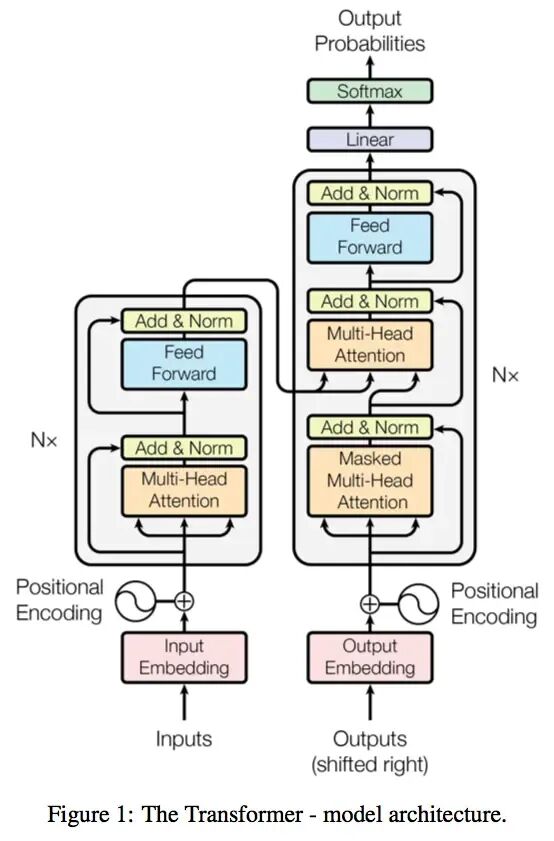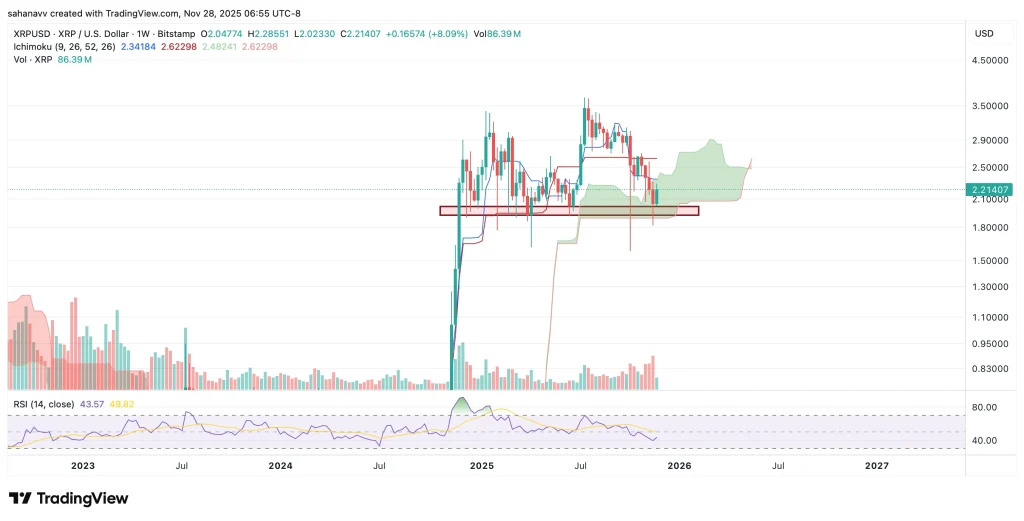Morgan Stanley requests the Federal Reserve to lower bank capital requirements, with a decision to be announced by September 30.
The Federal Reserve, when announcing the capital requirements soon to be implemented for most Wall Street banks (requirements that are largely in line with banks’ expectations), revealed that Morgan Stanley (MS.US) has requested a reduction in its capital requirements. In a statement on Friday, the Federal Reserve said, “Morgan Stanley has applied for reconsideration, seeking to lower this requirement,” and “the Board is evaluating the company’s application to reduce its Stress Capital Buffer (SCB) requirement and plans to make a decision and announce it by September 30.”
This statement from the Federal Reserve officially concludes the annual stress test process—a multi-step procedure designed to assess the resilience of large U.S. banks under hypothetical economic scenarios. The test ultimately updates the Common Equity Tier 1 (CET1) capital ratio requirement for each bank, which will take effect on October 1.
“Morgan Stanley is actively communicating with the Federal Reserve in hopes of determining the final Stress Capital Buffer requirement before October 1,” the New York-based bank said in a statement.
The Federal Reserve did not specify the extent of the capital reduction requested by Morgan Stanley. Last month, Morgan Stanley stated that, based on the stress test results, it expects its CET1 ratio requirement to decrease from the current 13.5% to 12.6%.
A total of 22 banks, including Morgan Stanley, participated in this year’s Federal Reserve stress tests, and all passed easily—the results showed that these banks would remain resilient even in the face of over $550 billions in losses. The capital requirements announced on Friday, which are linked to the test results, are composed of several parts, including a uniform minimum CET1 ratio requirement of 4.5% for all banks, as well as the Stress Capital Buffer requirement. In addition, top institutions designated as “Global Systemically Important Banks” must also meet additional capital surcharges.
This Federal Reserve statement comes as the banking industry awaits the final outcome of reforms to the stress testing process. In April this year, the Federal Reserve released a proposal to use a “two-year average of results” when setting capital requirements. Michelle Bowman, Vice Chair for Supervision at the Federal Reserve, previously stated that such potential reforms would help the Fed address the issue of “excessive volatility in stress test results and corresponding capital requirements.”
“The capital requirements for each bank announced today reflect the transitional nature of the current period,” Bowman said in the statement, adding that finalizing the reforms proposed in April would be “an important next step in reducing year-over-year volatility in bank capital requirements.”
Additionally, the Federal Reserve announced plans to lower the “Enhanced Supplementary Leverage Ratio” (ESLR)—a ratio that requires banks to hold a certain amount of capital based on asset size. At the same time, the Federal Reserve will advance a new “risk-based capital plan” proposal, which has long been advocated by Wall Street.
Disclaimer: The content of this article solely reflects the author's opinion and does not represent the platform in any capacity. This article is not intended to serve as a reference for making investment decisions.
You may also like
No wonder Buffett finally bet on Google
Google holds the entire chain in its own hands. It does not rely on Nvidia and possesses efficient, low-cost computational sovereignty.

HYPE Price Prediction December 2025: Can Hyperliquid Absorb Its Largest Supply Shock?

XRP Price Stuck Below Key Resistance, While Hidden Bullish Structure Hints at a Move To $3

Bitcoin Price Prediction: Recovery Targets $92K–$101K as Market Stabilizes
